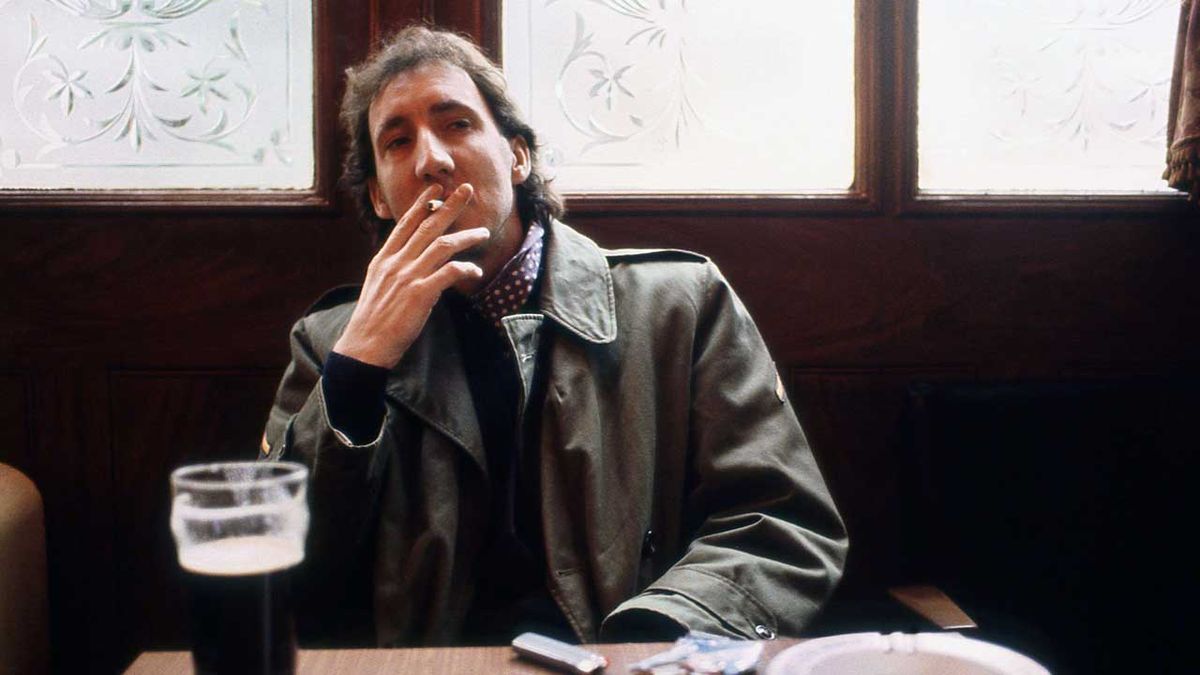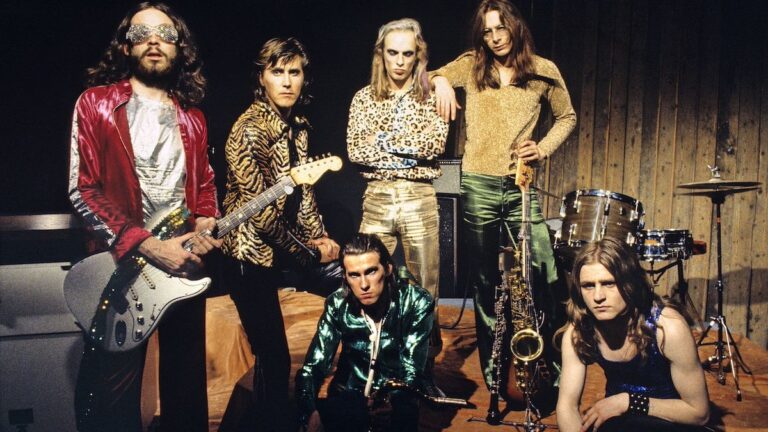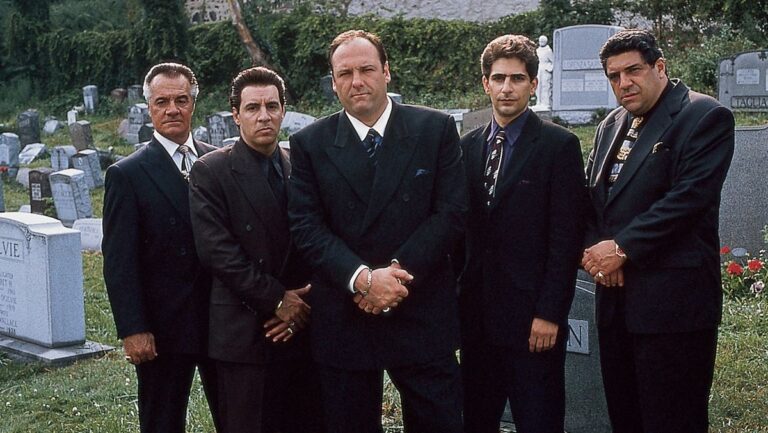The Jaw-Dropping Impact of Pete Townshend’s ‘Jools and Jim’ on Music Critics
When it comes to scathing critiques of the music industry, few books rival The Boy Looked At Johnny. Penned by NME journalists Julie Burchill and Tony Parsons in 1978, this book is a venomous diatribe against the failed promises of punk rock. In its 79 pages, it spews bitterness on nearly every band that emerged from iconic venues like CBGB, the 100 Club, or The Roxy.
The authors didn’t hold back, dismissing Mick Jones of The Clash as someone who “chanted stray battle-cries like a harassed housewife” and labeling the Sex Pistols-affiliated Bromley contingent as “a posse of unrepentant poseurs” chasing fame despite lacking talent. Even American bands weren’t spared from their scathing criticism.
Amidst this backdrop of negativity, a beacon of the old guard emerged in the form of Pete Townshend, the renowned guitarist of The Who. In the late 1970s, Townshend found himself in a personal crisis following the untimely death of his friend and bandmate Keith Moon. Battling addiction and a disintegrating marriage, Townshend channeled his turmoil into his solo album, Empty Glass.
Reflecting on the turmoil of that period, Townshend shared, “I was on an all-time personal high, but I was drinking a lot and my marriage was in difficulty because I was juggling Who work and solo projects simultaneously.” The passing of Moon and the callous remarks made by Burchill and Parsons in their book stirred Townshend to write a caustic response titled Jools And Tone.
Originally aimed at countering the arrogance of Moon’s detractors, the song evolved into a broader reflection on the state of the music industry and the role of the media in shaping its narratives. Townshend’s lyrical jabs at the young NME journalists evolved into a more introspective commentary, culminating in a realization of shared humanity and the perils of hypocrisy.
Empty Glass wasn’t just a defiant statement from an aging rock star; it was a nuanced exploration of Townshend’s complex relationship with the evolving music landscape. Embracing the spirit of punk while recognizing his own status as part of the establishment, Townshend grappled with the changing tides of rock and roll.
Despite the criticisms leveled at him, Townshend found inspiration in the challenges presented by detractors like Burchill and Parsons. Their words became a catalyst for his artistic introspection, leading to the creation of thought-provoking music that transcended mere rebuttals.
In the end, Townshend’s journey from anger to understanding, as depicted in Jools And Jim, serves as a testament to the transformative power of music and the enduring legacy of an artist willing to confront his demons and embrace change.
While the clash between old and new, established and emerging, continues to shape the music landscape, Townshend’s story stands as a reminder of the complexities and contradictions that define artistic evolution.






